Tesla CEO Elon Musk has thrown out an idea about building a video game that uses Tesla’s Simulation to reconstruct a playable version of your neighborhood.
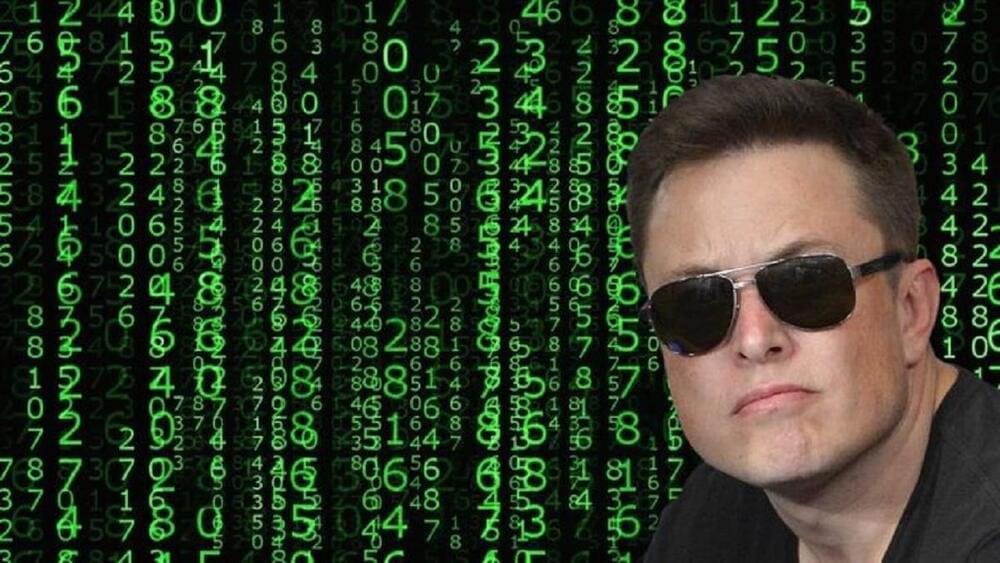

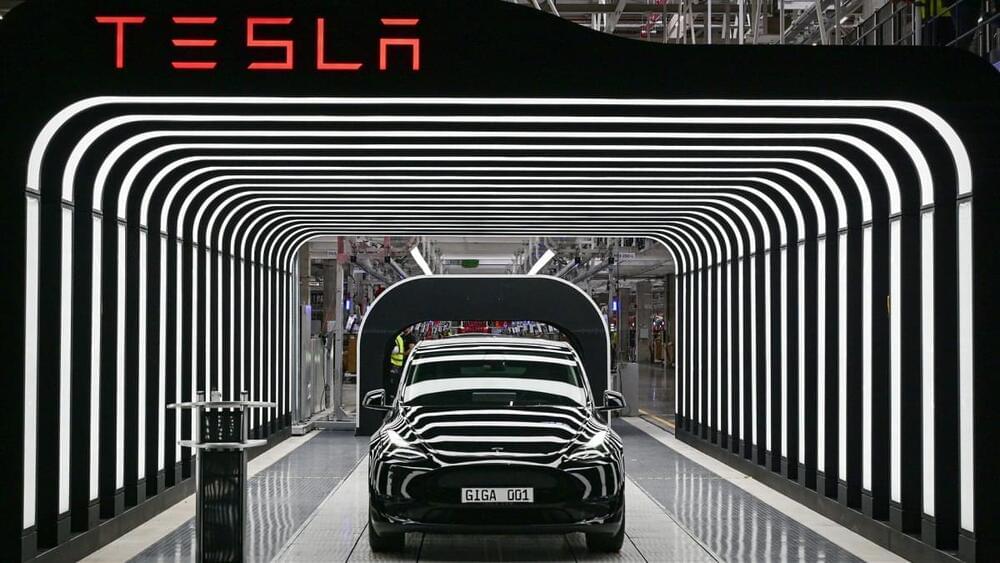
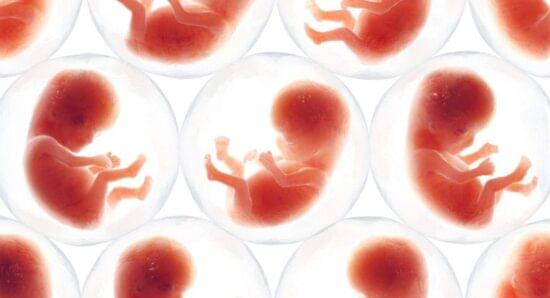
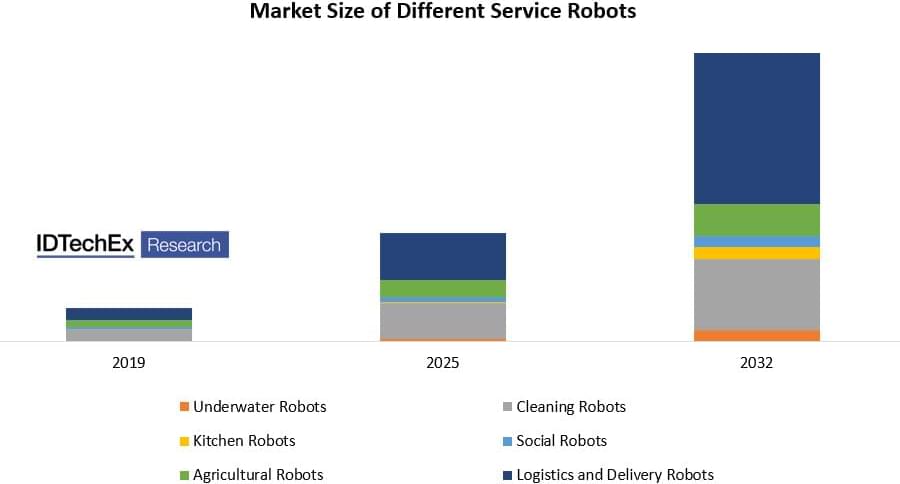
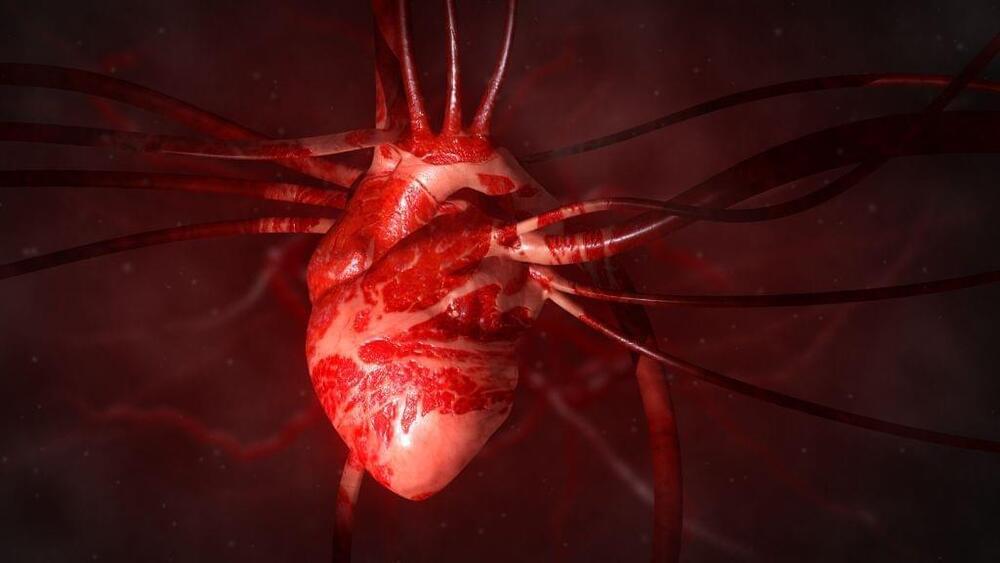
Oxytocin, sometimes called the “love hormone,” may help heal broken hearts — literally. In a new study of zebrafish and human cells, scientists found that the brain-made hormone may help heart tissue regenerate after injury and, in theory, could someday be used in the treatment of heart attacks, according to the researchers.
Because the new study was conducted in fish tanks and lab dishes, however, this theoretical treatment is still far from realization.
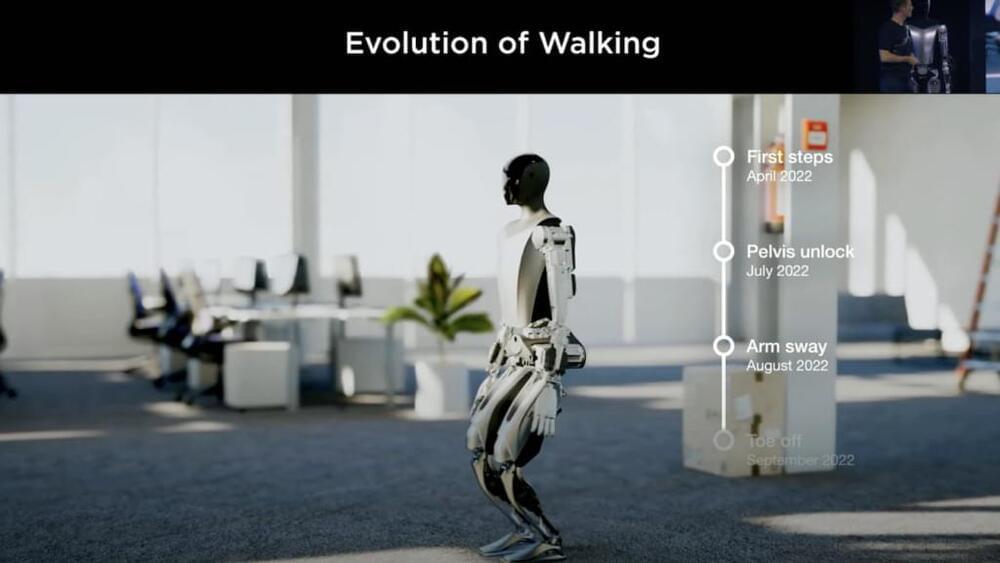
I’m not a robotics expert, so I’ve been particularly keen to hear what robotics experts think of Tesla’s Optimus presentation the other day. The core arguments from Elon Musk and many Tesla fans regarding why Optimus is such a big deal are: Tesla will find a way to mass produce it at relatively low cost, Tesla is adding a brain to the robot, and it needs to be in the form of a human so that it can perform tasks designed to be done by humans. I don’t see any strong arguments against those things, but I know they are broad-brushed claims and quite vague. What about the details that I can’t see, that a common Tesla fan can’t see, and that perhaps even an engineer working on Optimus can’t see?
Let’s start with Dennis Hong. Dennis is a professor of mechanical & aerospace engineering at UCLA. He’s Director of RoMeLa: Robotics & Mechanisms Laboratory. With this title and being an independent expert in the separate world of academia, I was particularly interested to see his opinion. He was clearly excited as AI Day 2 arrived, but not in a sycophantic way. Luckily, he put his thoughts in a good little 13-post Twitter thread.
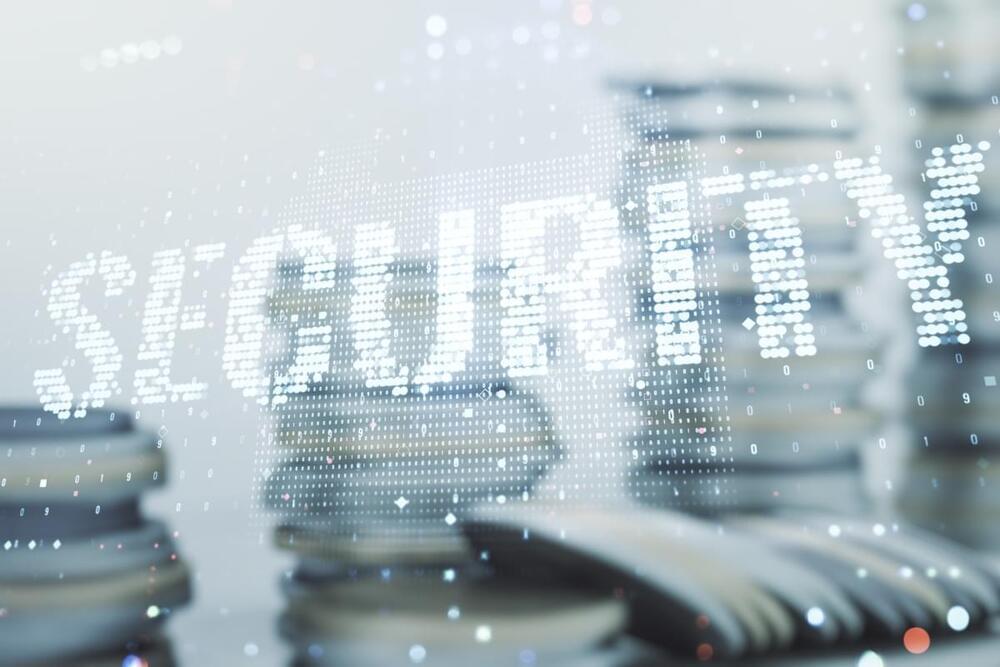
Were you unable to attend Transform 2022? Check out all of the summit sessions in our on-demand library now! Watch here.
Microsoft Exchange server is one of those enterprise staples, but it’s also a key target for cybercriminals. Last week, GTSC reported attacks had begun chaining two new zero-day Exchange exploits as part of coordinated attacks.
While information is limited, Microsoft has confirmed in a blog post that these exploits have been used by a suspected state-sponsored threat actor to target fewer than 10 organizations and successfully exfiltrate data.
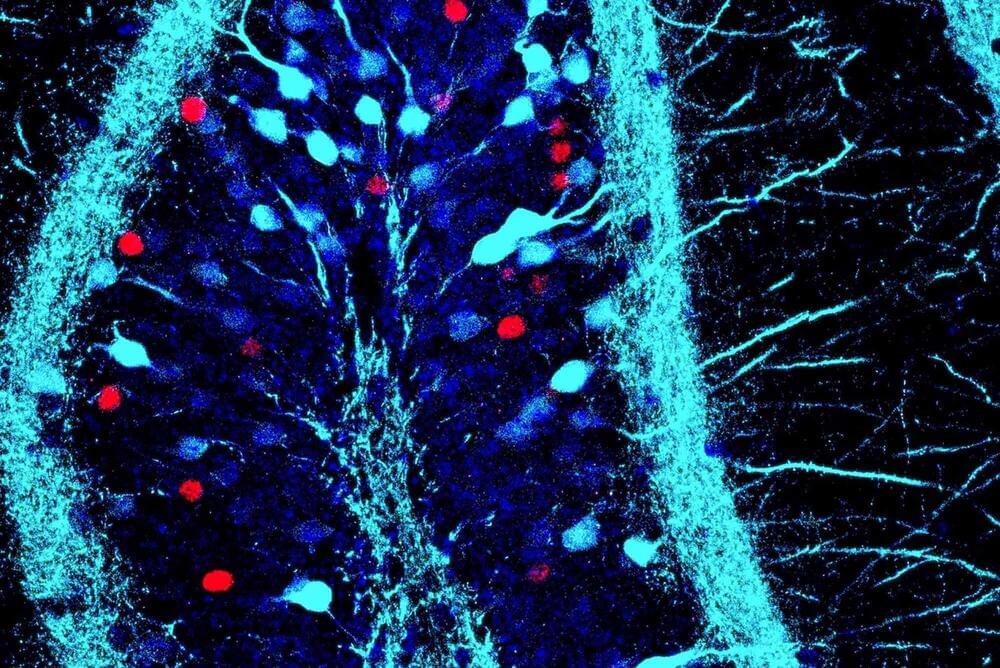
You may not realize it, but each time you recall a memory—like your first time riding a bike or walking into your high school prom—your brain changes the memory ever so slightly. It’s almost like adding an Instagram filter, with details being filled in and information being updated or lost with each recall.
“We’re inadvertently applying filters to our past experiences,” says Steve Ramirez, a Boston University neuroscientist. Even though a filtered memory is different from the original, you can tell what that basic picture is, for the most part, he says.
“Memory is less of a video recording of the past, and more reconstructive,” says Ramirez, a BU College of Arts & Sciences assistant professor of psychological and brain sciences. The malleable nature of memory is both a blessing and curse: It’s bad if we remember false details, but it’s good that our brains have the natural ability to mold and update memories to make them less potent, especially if it is something scary or traumatic.
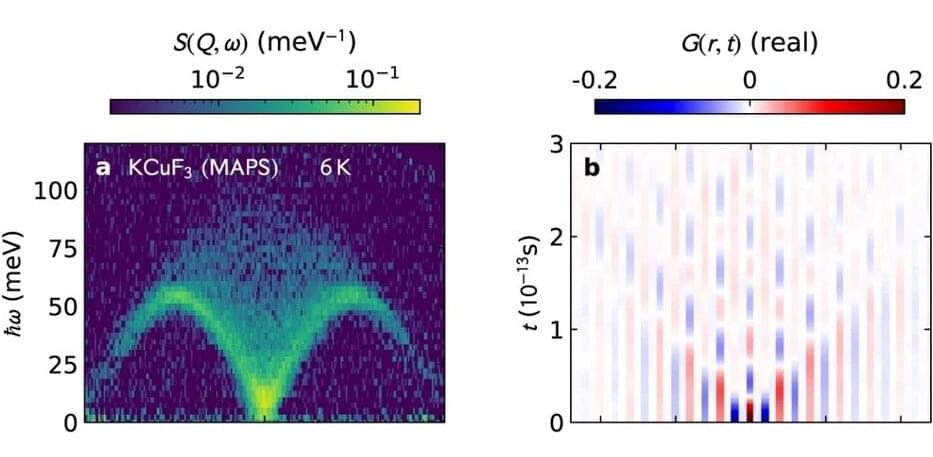
Neutron scattering is considered the method of choice for investigating magnetic structures and excitations in quantum materials. Now, for the first time, the evaluation of measurement data from the 2000s with new methods has provided much deeper insights into a model system—the 1D Heisenberg spin chains. A new toolbox for elucidating future quantum materials has been achieved.
Potassium copper fluoride (KCuF3 ) is considered the simplest model material for realizing the so-called Heisenberg quantum spin chain: The spins interact with their neighbors antiferromagnetically along a single direction (one-dimensional), governed by the laws of quantum physics.
“We carried out the measurements on this simple model material at the ISIS spallation neutron source some time ago when I was a postdoc, and we published our results in 2005, 2013 and again in 2021, comparing to new theories each time they became available,” says Prof. Bella Lake, who heads the HZB-Institute Quantum Phenomena in Novel Materials. Now with new and extended methods, a team led by Prof. Alan Tennant and Dr. Allen Scheie has succeeded in gaining significantly deeper insights into the interactions between the spins and their spatial and temporal evolution.
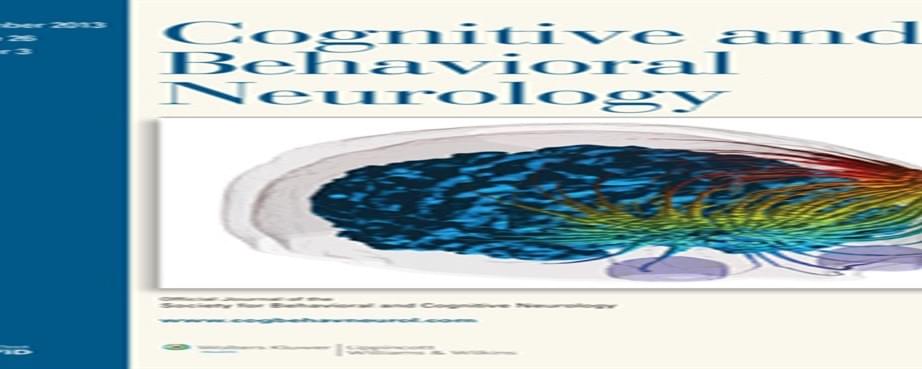
E to forgetting and false memories. However, if we believe that episodic memory developed to flexibly and creatively combine and rearrange memories of prior events in order to plan for the future, then it is quite a good system. We argue that consciousness originally developed as part of the episodic memory system—quite likely the part needed to accomplish that flexible recombining of information. We posit further that consciousness was subsequently co-opted to produce other functions that are not directly relevant to memory per se, such as problem-solving, abstract thinking, and language. We suggest that this theory is compatible with many phenomena, such as the slow speed and the after-the-fact order of consciousness, that cannot be explained well by other theories. We believe that our theory may have profound implications for understanding intentional action and consciousness in general. Moreover, we suggest that episodic memory and its associated memory systems of sensory, working, and semantic memory as a whole ought to be considered together as the conscious memory system in that they, together, give rise to the phenomenon of consciousness. Lastly, we suggest that the cerebral cortex is the part of the brain that makes consciousness possible, and that every cortical region contributes to this conscious memory system…